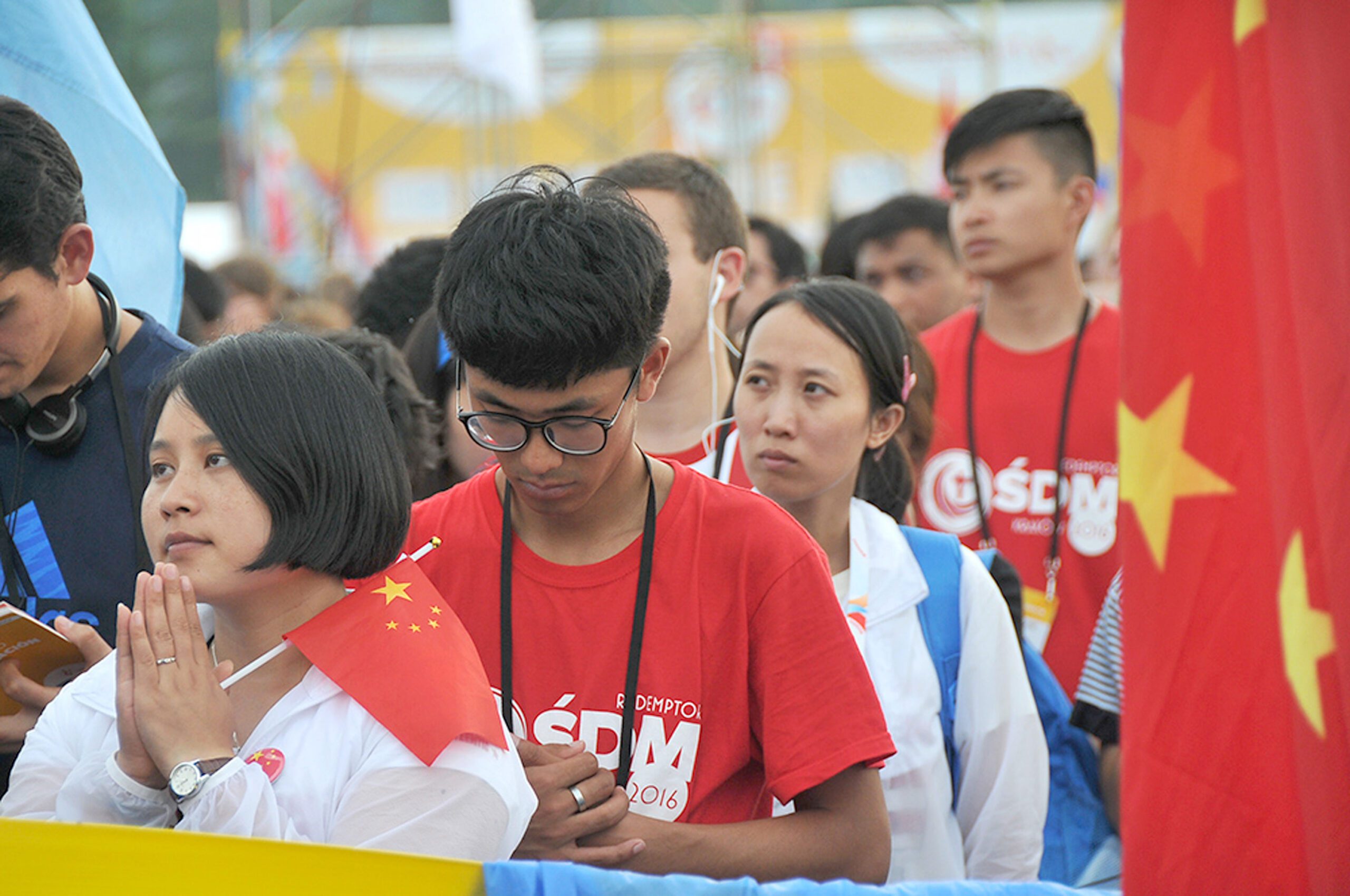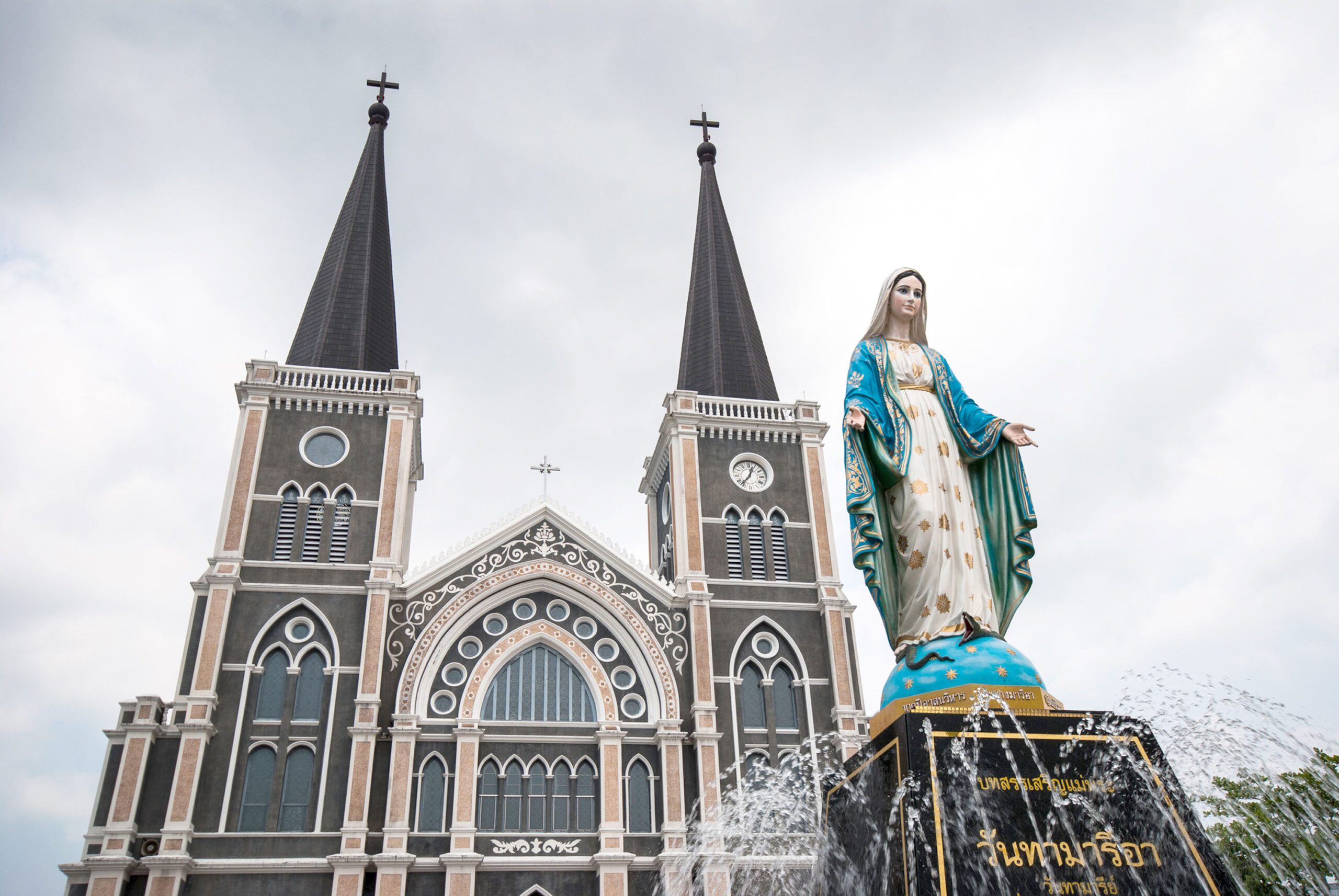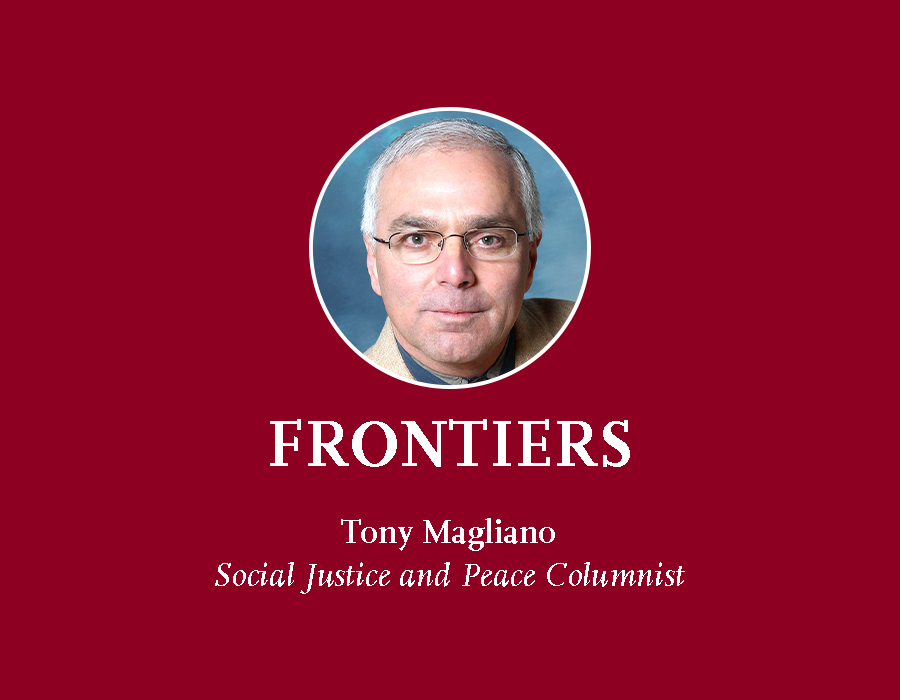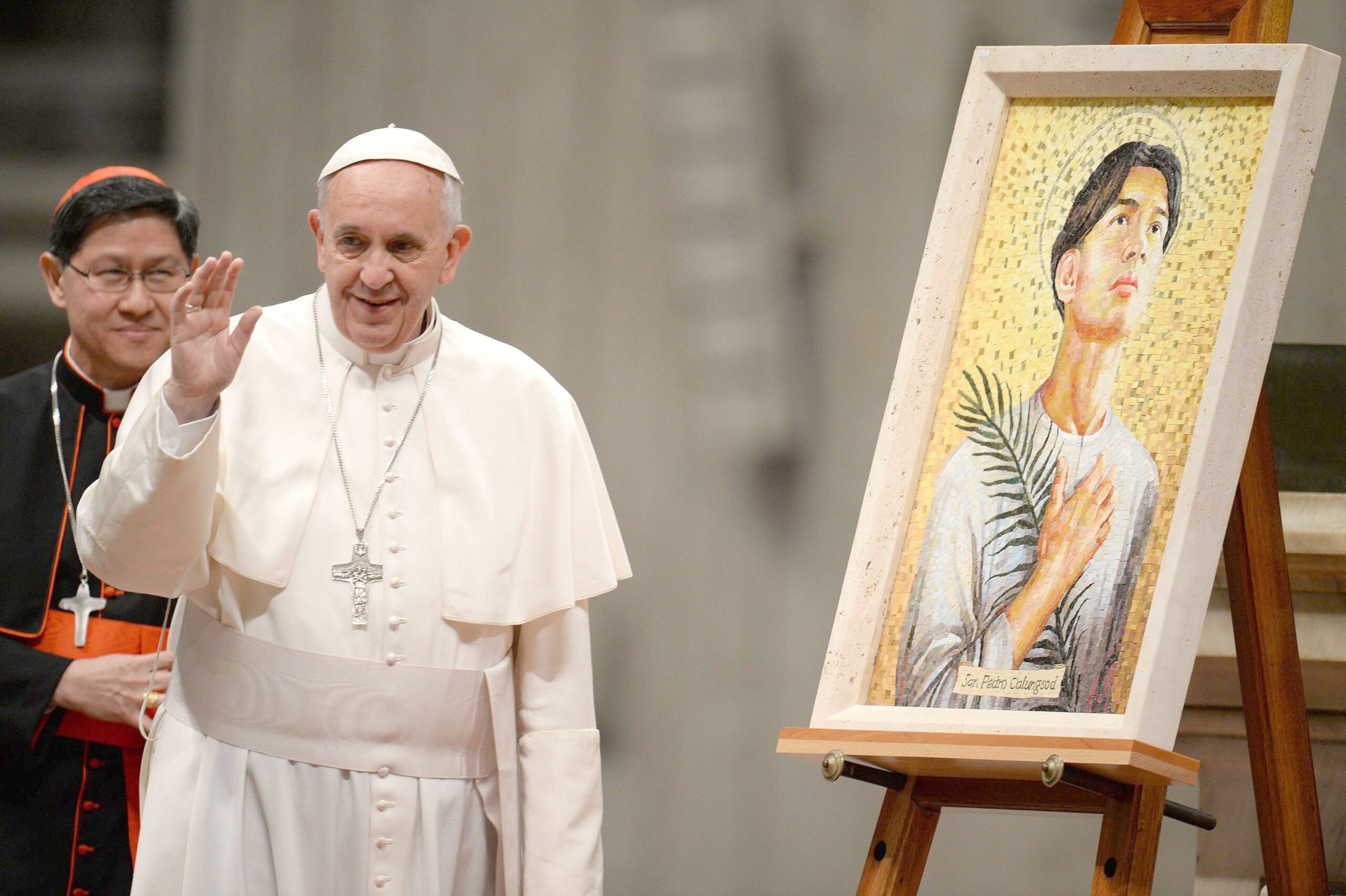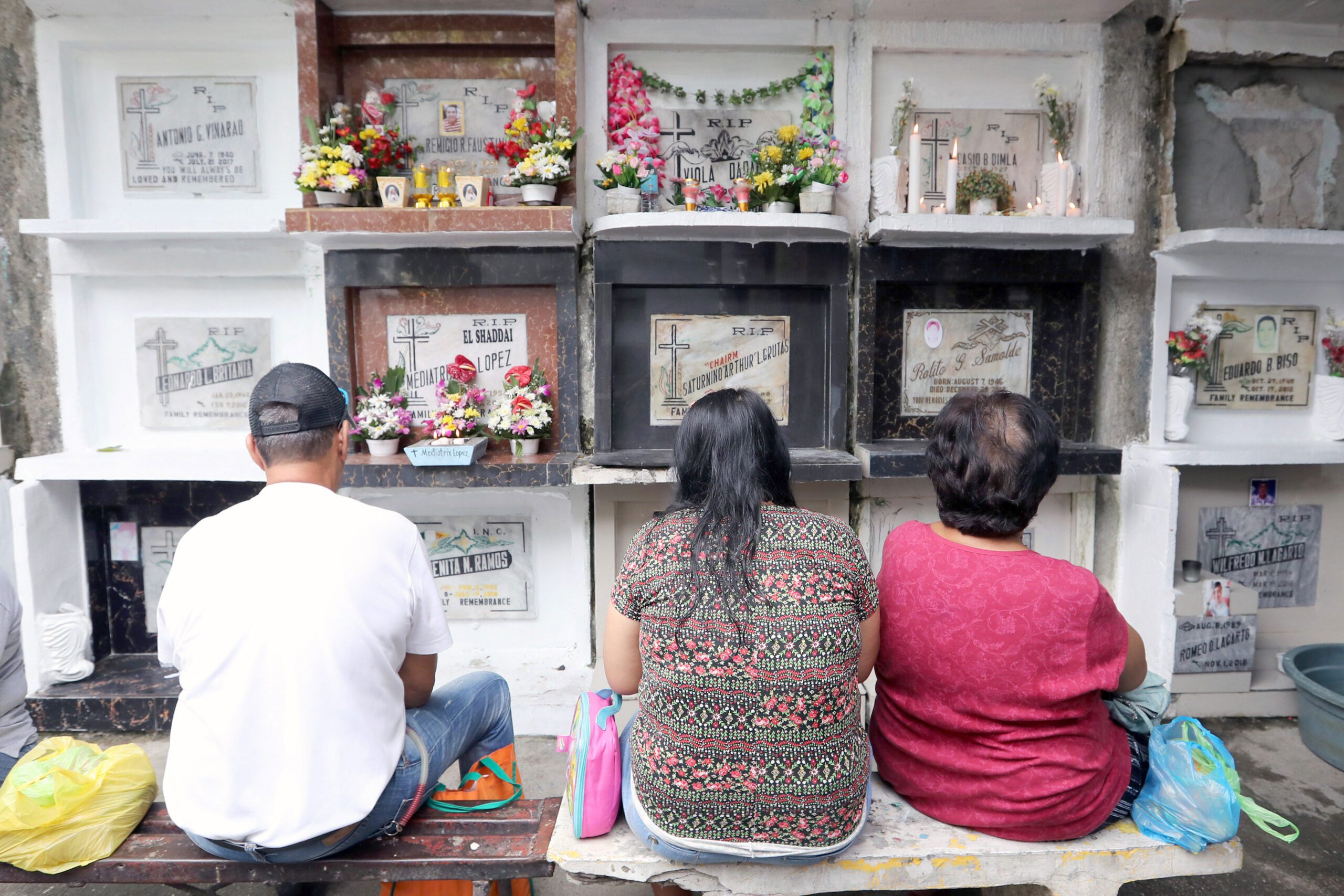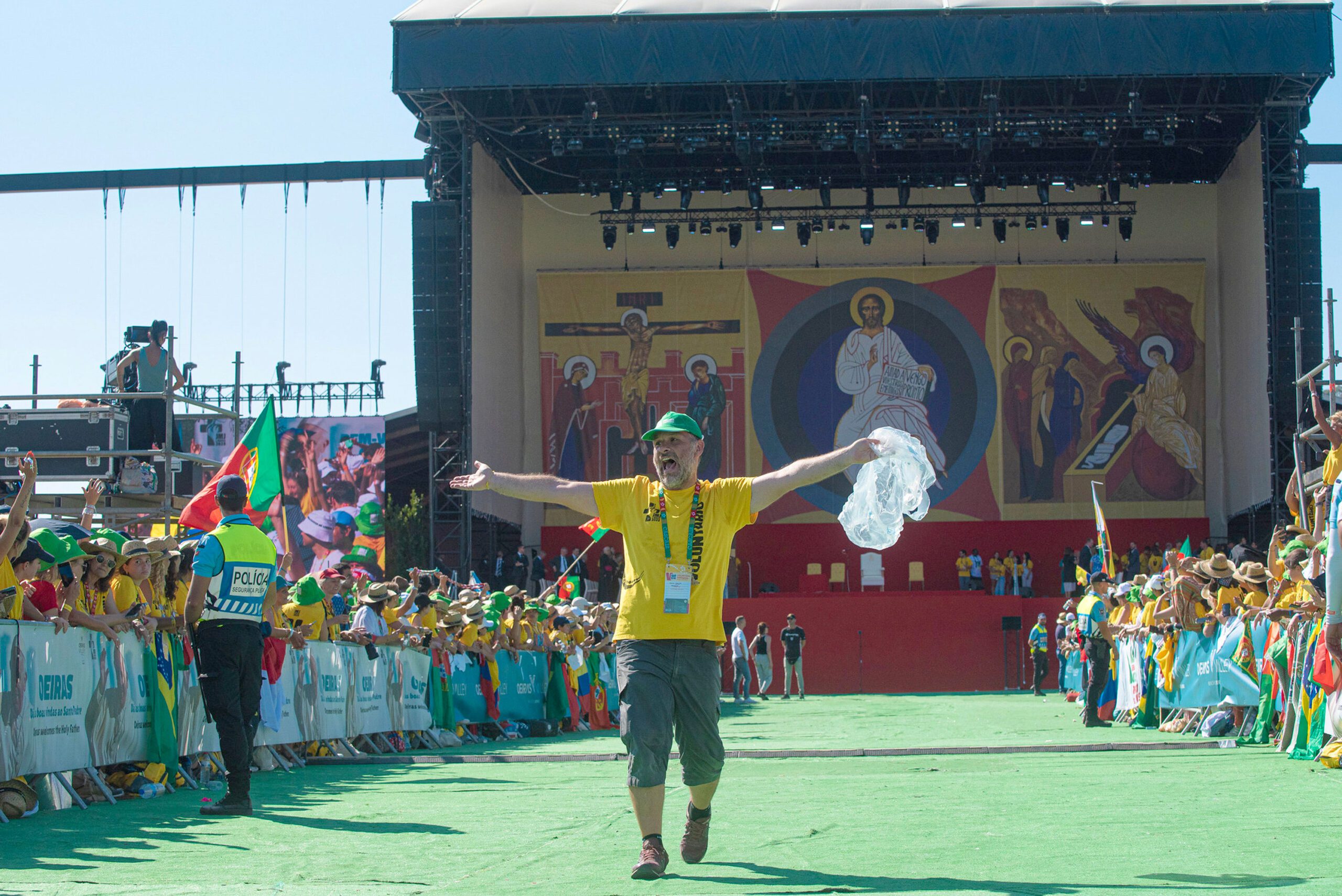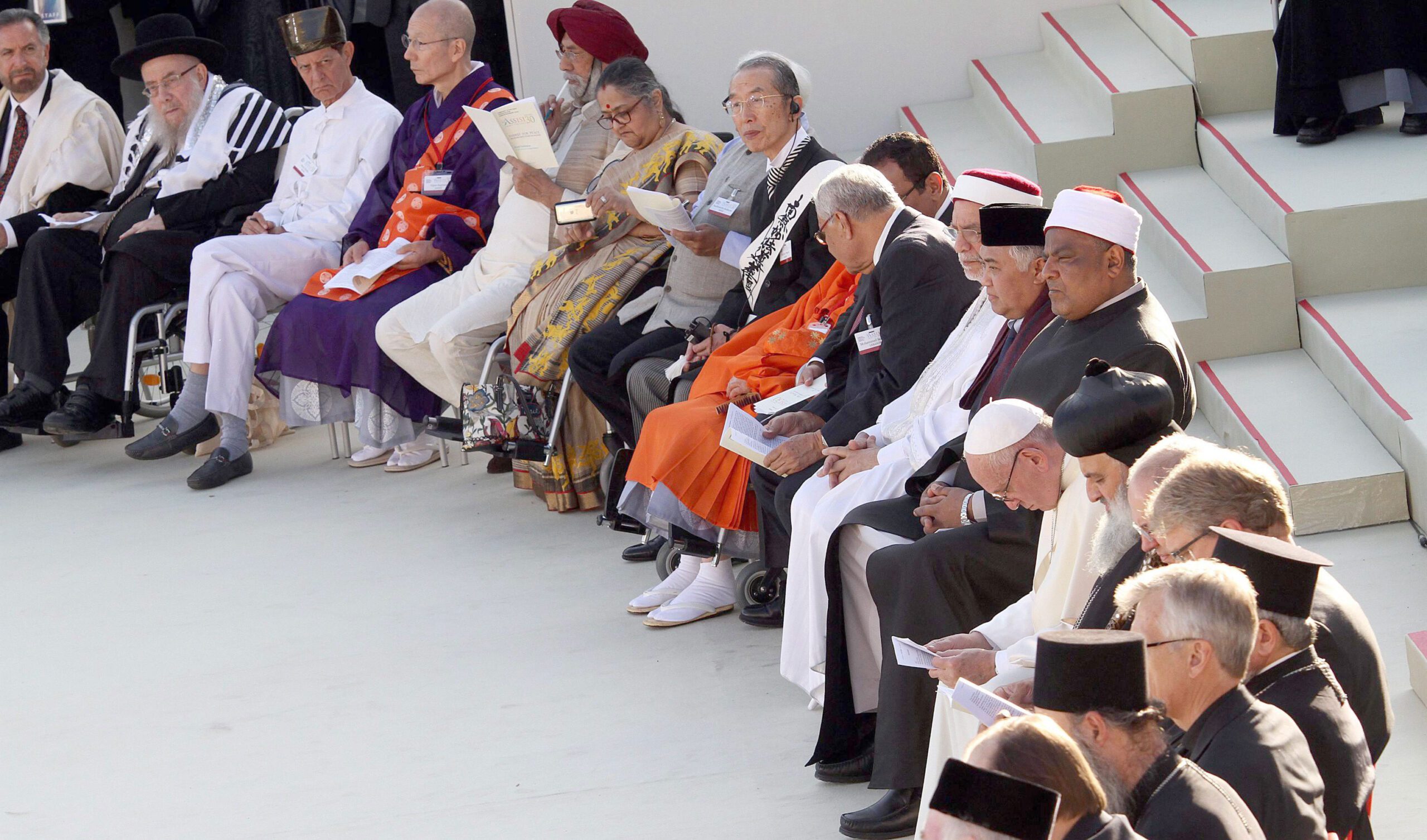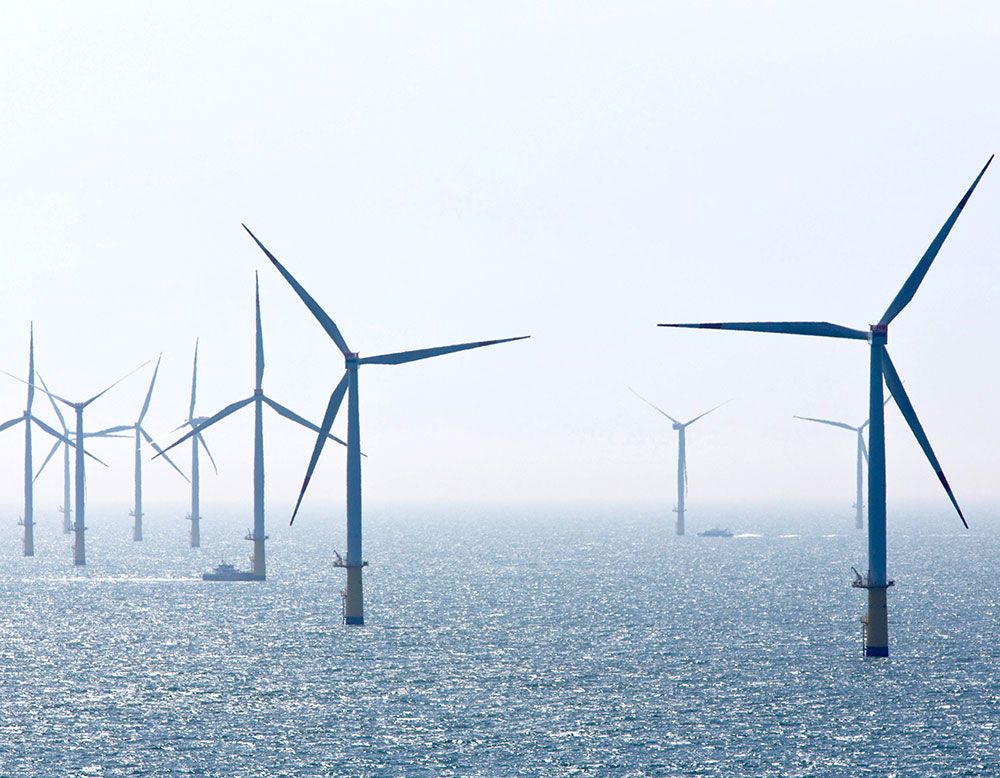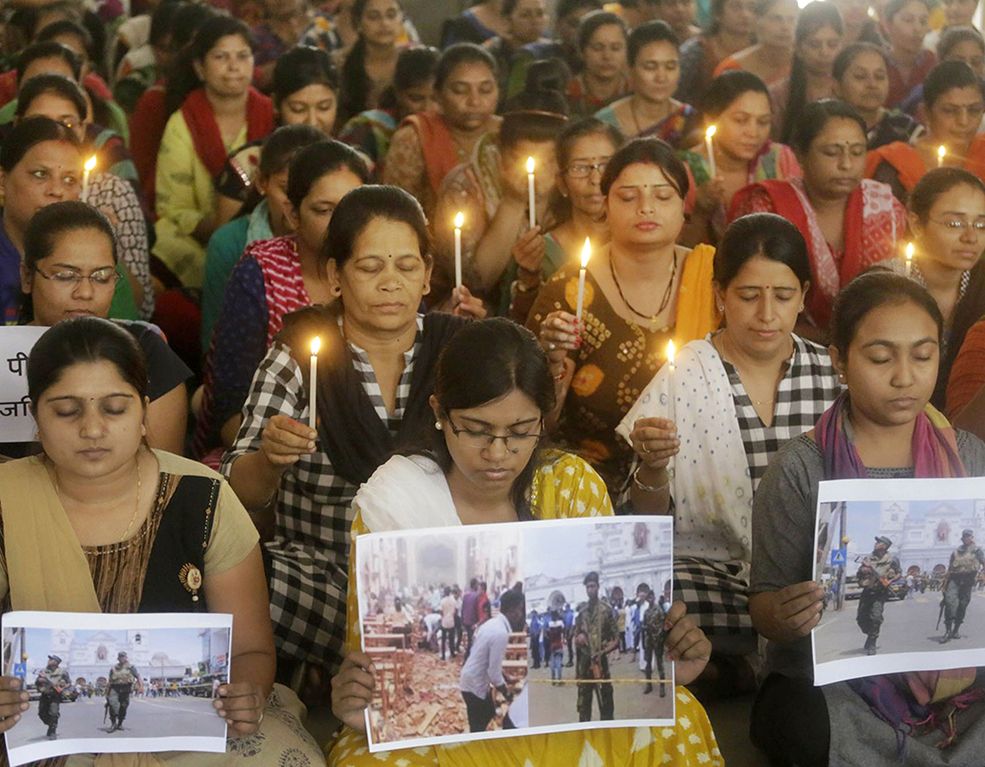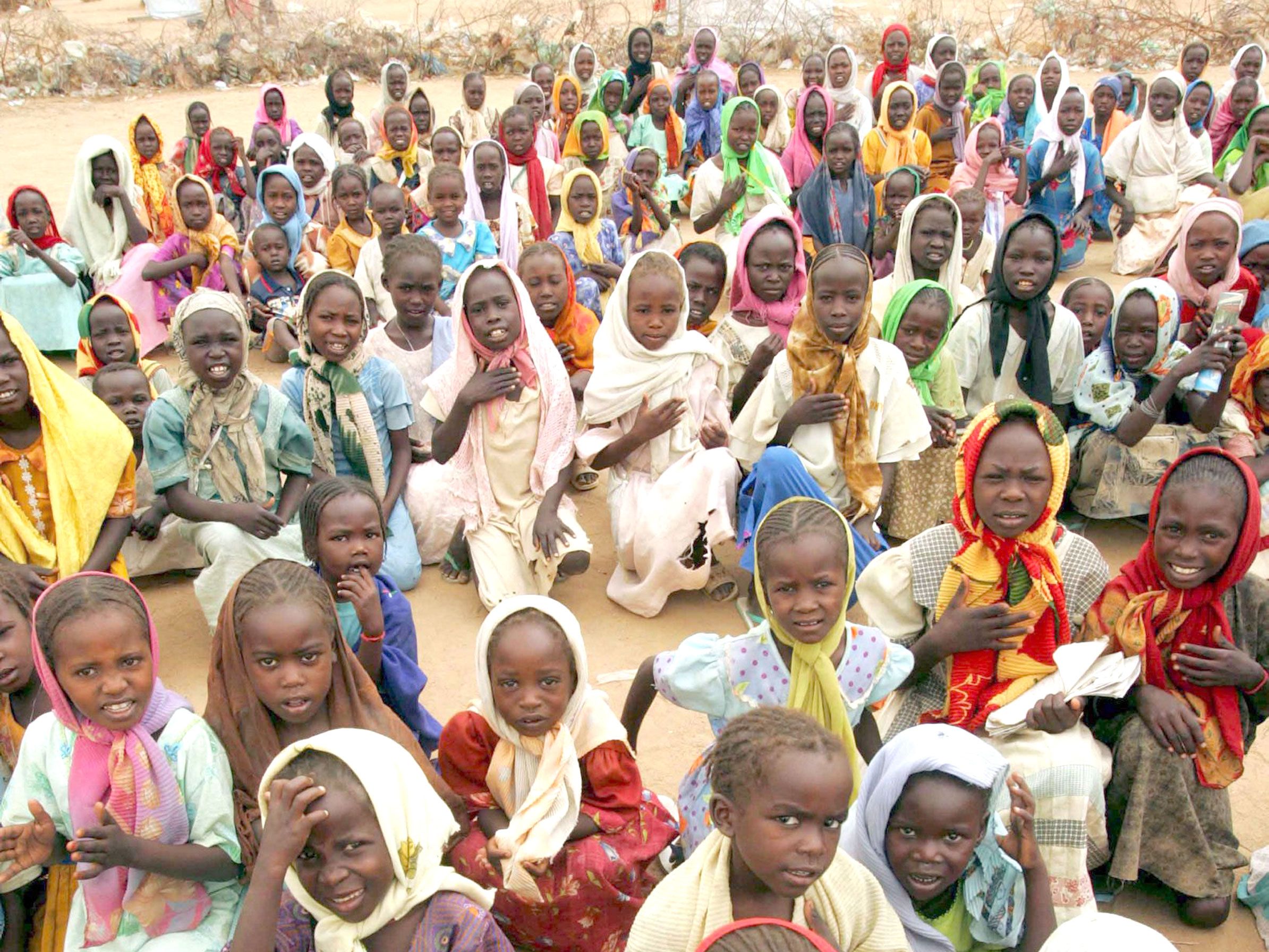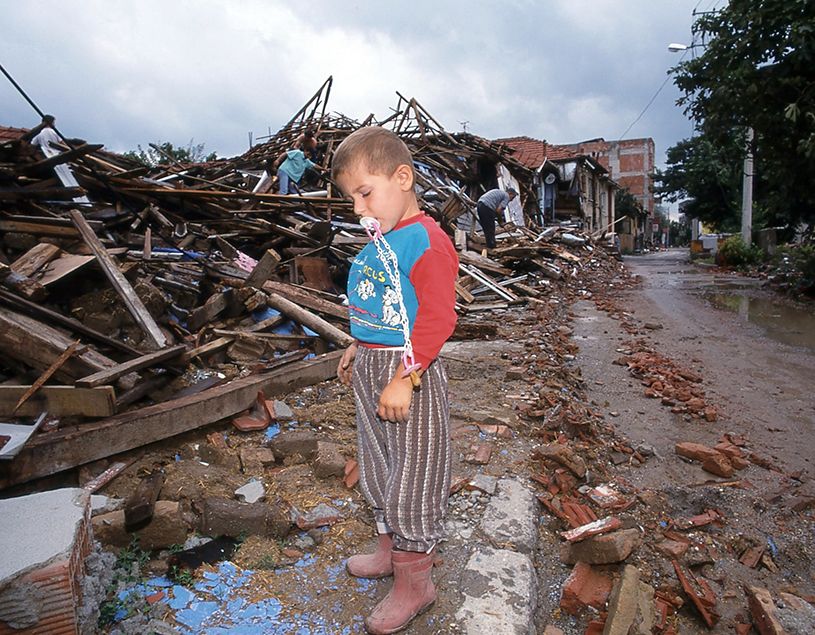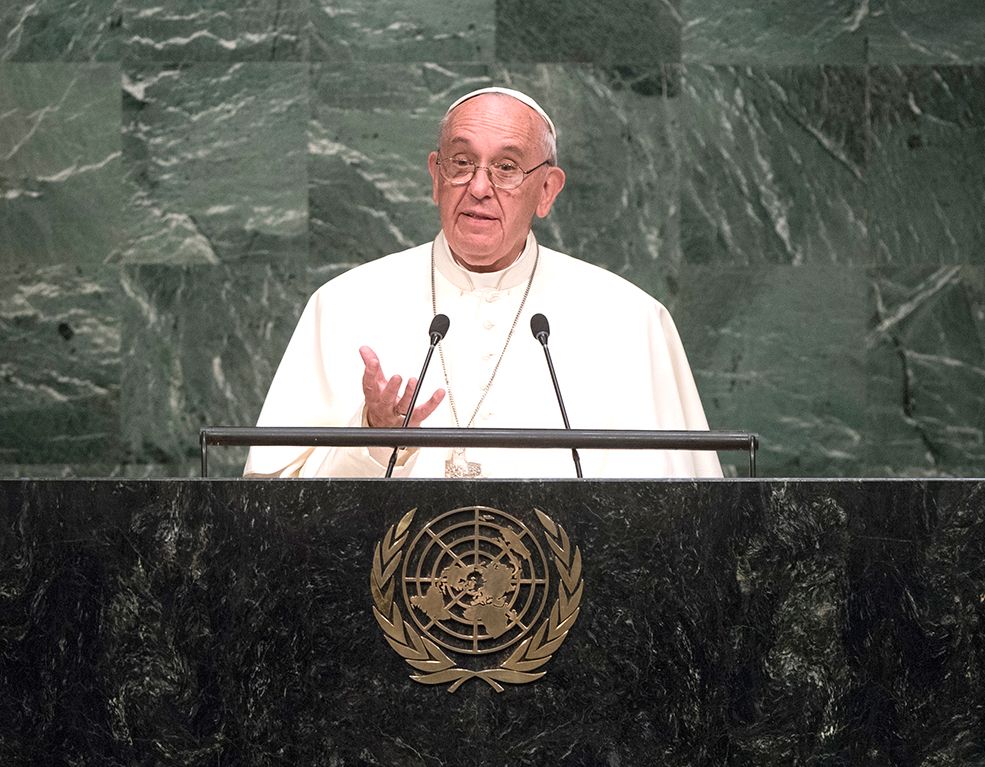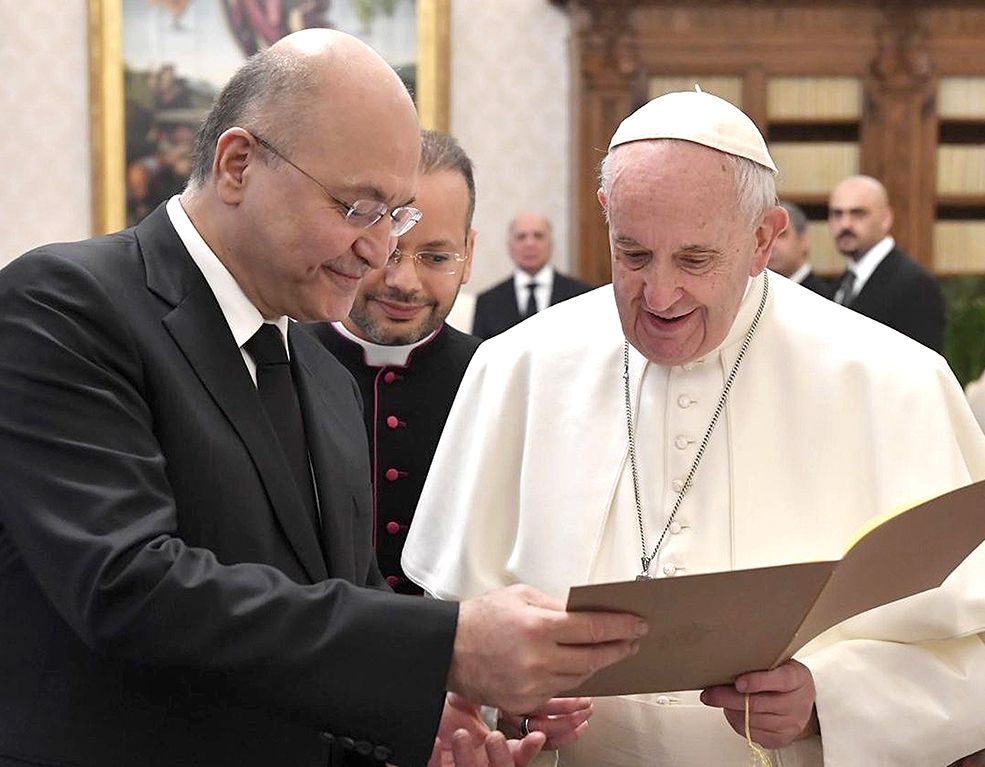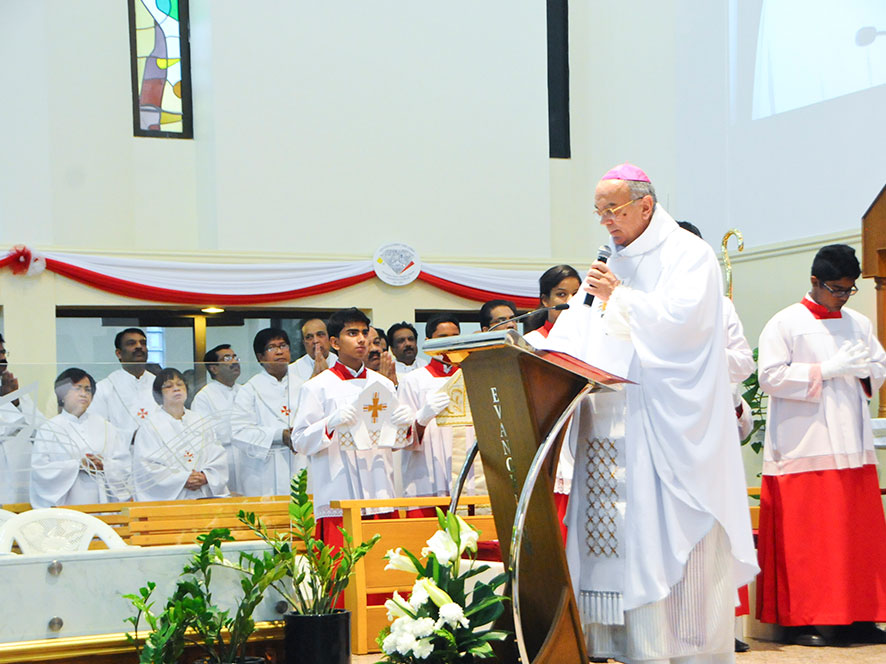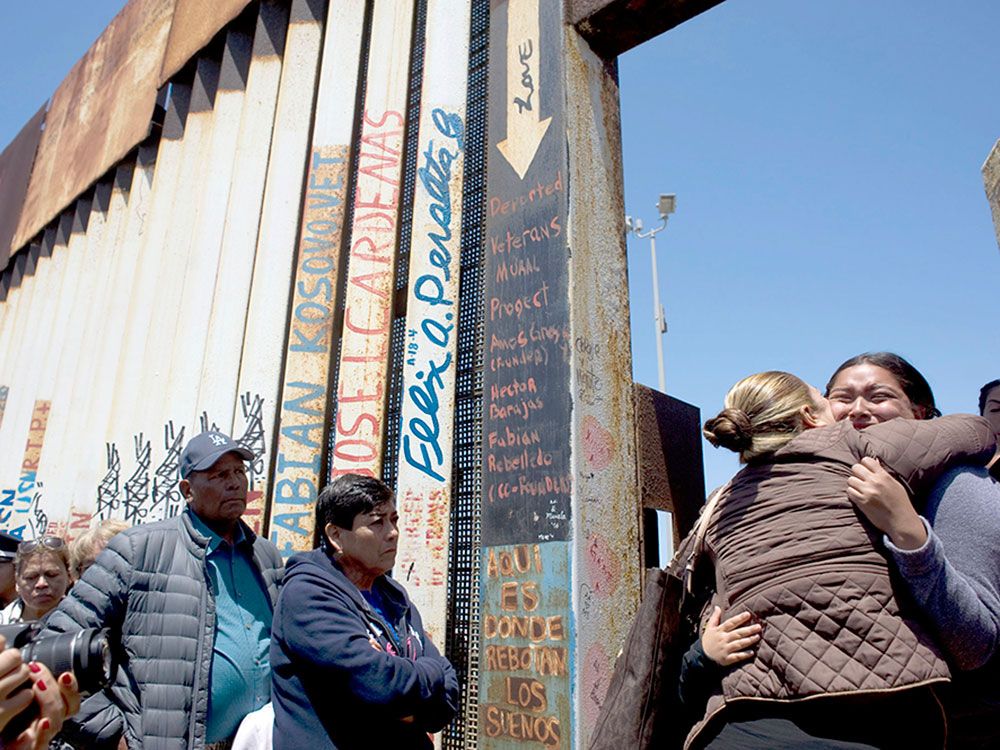In February 2023, Bishop Rolando Alvarez was taken from house arrest and driven to a Nicaraguan airport, along with over 200 other political prisoners. There, he and the others were ordered to board an airplane that would take them to the United States, to live in exile, where they would be less of a hassle to the corrupt regime of Daniel Ortega. All the prisoners complied, except Alvarez. He refused to leave his homeland and his people. Knowing full well that the repercussions would be drastic, he stayed behind and was sentenced to 26 years.
Bishop Alvarez is one of several Nicaraguan clerics in prison for daring to speak out against the regime’s evil ways, especially since a crackdown on civilian protesters caused up to 500 deaths between 2018 and 2022. During those protests, churches opened their doors to care for the wounded, which the government interpreted as an act of defiance. From then on, the entire Church has been under watch, seminaries have been dispossessed, universities nationalized, and funds frozen. Even the Missionaries of Charity, the order founded by Saint Mother Teresa of Calcutta, was expelled from the country.
Nicaragua is one of many countries today where Christians legitimately fear for their lives and safety for being faithful to the Gospel. Nearby, in Venezuela, the Church also fell prey to the designs of a left-wing dictatorship, and in Cuba, which clings to a communist system that has bankrupted the country and reduced its people to poverty, Catholics and other Christians are closely watched and often subjected to persecution.
In Chile, the problem is not so much the Government, but hardcore left-wing activists who have carried out arson attacks on Church buildings for several years, reducing dozens to ashes.
PERSECUTION IN LATIN AMERICA
The acts of persecution in Latin America may surprise many, considering this is a Christian part of the world. Still, precisely the influence and strength of the Church threatens regimes that hope to be all-powerful, and mobs with an anti-Christian social agenda. In all these cases, Church leaders have stood up for truth and Christian values, while avoiding unnecessary provocations that might be met with reprisals on the common faithful.
Less surprising, perhaps, are the stories that emerged from India over the past months, where an inter-ethnic dispute in Manipur quickly took on an inter-religious dimension, as mostly Hindu Meiteis fought against the Christian Kuki tribals. The religious aspect of it was confirmed by reports that Meiteis had not limited themselves to razing Kuki churches, but had also burned down Meitei Christian places of worship.
Meanwhile, the Hindu nationalist local and federal governments stand accused of doing nothing significant to stem the violence. As of the date this article is being written, peace has yet to return. But the Christians of Manipur are not the only ones under attack in India. Priests and other Christians in positions of influence have been harassed and even arrested under trumped-up accusations of breaking anti-conversion laws enacted by the Hindu nationalists, and even in former Christian sanctuary regions like Goa and Diu, there have been moves to get rid of Christian symbols and monuments.
Across the border, in Pakistan, Christians live in constant fear, and most recently, persecution took the shape of an uprising and destruction of several houses and churches in Jaranwala, in the district of Punjab. Fortunately, no Christians were killed in the attack. Still, dozens lost their livelihood in what was described as one of the worst acts of violence against the minority Christian community in decades.
Myanmar is also a country of grave concern in Asia, where the military junta that once again quashed democracy to take the reins of political power, clamps down on any deviation from its nationalist Buddhist cultural model, and Christians–Catholic and non-Catholic–have been persecuted, arrested or killed, while their churches are destroyed.
And then there is China, where the number of Christians continues to grow at a massive rate, despite the Communist Party’s efforts to control every aspect of church life, and at least ten priests and bishops remain in custody, sometimes being subjected to “reeducation” sessions that aim to brainwash them into accepting communist propaganda.
PERSECUTION, BUT SOMETIMES NOT
One of the countries that has been making the most headlines in terms of Christian persecution is Nigeria. But the situation in the most populous nation in Africa also shows how persecution is not always clear-cut and easy to explain.
Three Nigerian priests have been murdered in 2023 alone, while 19 religious–including nuns and seminarians–have been kidnapped since the beginning of the year, though most have since been released. Another three who were kidnapped in other years remain missing.
But though many of these kidnappings can be put down to religiously motivated persecution, it is also true that many others, perhaps even a majority, are carried out by mere bandits trying to make quick money from a growing ransom industry. Though the final effect might be similar, this is not exactly religious persecution.
In the same vein, statistics are often cited to show that Nigeria has the largest proportion or absolute number of Christians killed for their faith, but again, this may not be exact. Many of the problems in Nigeria stem from tribal conflicts. When members of the Muslim-majority Fulani tribe destroy villages and kill farmers, they are generally more interested in taking their land than in promoting their faith or persecuting another. The aforementioned statistics often count all victims of these groups, or more radical Islamist ones such as Boko Haram, as Christians, when in fact, Muslims suffered as much as, if not considerably more, than Christians at the hands of the terrorist group.
The worst of the actual persecution suffered by Christians in Nigeria takes place in the north or in the center, the so-called Middle Belt, where the mostly Muslim north and the mostly Christian south meet, and where nomadic pastoral peoples and settled farmers vie for land.
Persecution of Christians is also rife in many other parts of Africa, including in countries such as Mali, Cameroon, and Burkina Faso. Even the former Portuguese colony of Mozambique has seen the Muslim insurgency in the north of the country take on an ugly anti-Christian streak which has already led to familiar situations where armed men enter a village, order everybody to identify themselves, and then execute the Christians among them.
SILVER LININGS AND POLITE PERSECUTION
Although the situation may seem desperate in large parts of the world, there have been improvements in others. For example, anti-Christian activity in the Middle East appears to have diminished in recent years. In countries like Syria, Iraq and Lebanon, the main threat to Christian communities now seems to be immigration, as many continue to leave for the West, risking turning the Churches and villages in their home countries into empty shells.
Egypt, home to the largest Christian community in the Middle East, has stabilized, and the Copts are now free to restore churches and open new ones, for the first time in decades. However, they continue to feel like second-class citizens in many other respects.
Christians in the Holy Land also face a difficult time. Palestinian Christians suffer the same fate as their Muslim brothers, but also often find themselves under pressure from growing fundamentalism in the region, especially in Gaza, and even Christians in Israel have come under attack from radical Jews who insult, spit on them, and vandalize their churches.
While Christians face threats to their lives and security in many countries, in others, the apparent safety masks a rising intolerance that is also worrisome. In England, a 45-year-old woman and a priest have been arrested multiple times for praying, silently, in the vicinity of abortion clinics, and in other Western countries, several people have found themselves in hot water for expressing opposition to social trends or movements that they consider to run counter to their Christian faith. When this “polite persecution,” as the Pope calls it, does not come directly from the state, it can come from society, in the form of hounding on social media or a cancel culture that silences those who deviate from the new orthodoxy.
Christians in these countries should look to their brethren in nations like Nicaragua, India, Pakistan and Nigeria, not to compare one type of persecution with another, but to learn from the deep faith expressed by Christians who, through harsh oppression, continue to feel themselves freed by the liberating message of Jesus’ command to love one’s enemies, rather than seeking revenge.
The leaders of these communities often remind their faithful that Christ did not promise comfort and an easy life to His followers, but told them that their perseverance in this life would be rewarded in the next.

